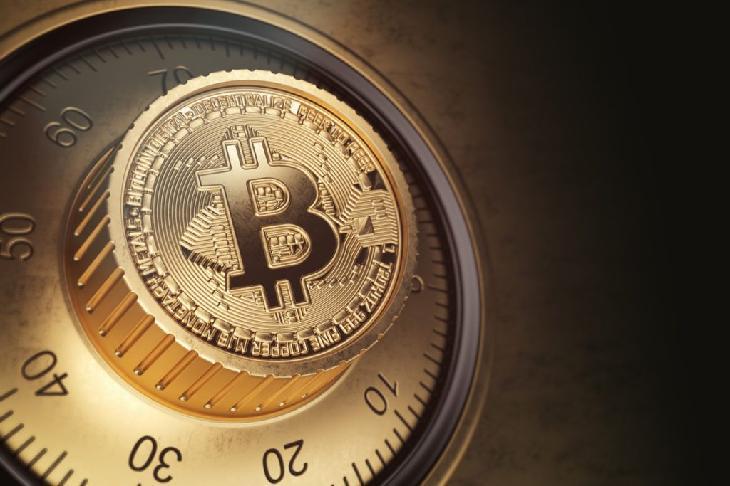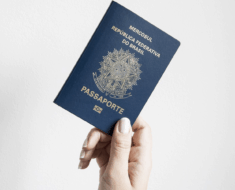
BelnCryto
Cryptocurrencies are one of the most interesting ways to manage your money safely. This digital currency uses cryptography for its security measures, which makes it nearly impossible to access someone else’s funds without their access data.
Many people believe that cryptocurrency isn’t going to last a long time and that it’s not worth it to store your bitcoins for a long time. However, it might outlast you. To be safe, you should think about what can become of your digital assets after you die.
Getting into a deceased relative’s bitcoin wallet is not as easy as gaining access to their bank account. Its security layers make it clear that to access a bitcoin wallet, the best way to do it is by getting the password or key that allows you to get into it.
In other words, if you die without leaving your bitcoin wallet’s access data to anyone, your bitcoins become inaccessible. This security measure is excellent if you want your bitcoins to be safe, but it’s not so great if no one can ever access it after you die.
What Can You Do?
Your bitcoin private key is a password that’s automatically generated when you create a new wallet. It’s the only way that you have to access your bitcoins, so you should always find a safe place to store it.
The key to ensuring that your bitcoins go to someone you trust after you die is that you entrust that private key to that person. If your trusted person doesn’t know about your wallet or doesn’t know the private key, it’s highly likely that he or she won’t be able ever to access the wallet.
There are many ways to do this; you can just send that person a backup of your private key when you get it, and you’re done. However, if you want to be extra careful about it, you can put your information on a flash drive or write it down on a piece of paper, and then give it to that person.
If you want to make it as easy as possible, you can set up a ‘time-locked’ transfer in which said transfer gets done automatically in the future. You can give your heir the receiver address so that they receive the bitcoins in the future. This isn’t always safe because the transaction is going to take place even if you didn’t die after the scheduled date of the transfer.
Some third-party platforms like Coinbase allow you to place your bitcoins in a vault and then link a joint bank account as a payment method. This makes it easier for your heir to access your funds quickly. That person can also contact the platform and show documents such as a death certificate, the last will, or any document from the deceased person that instructs the platform on what to do with their bitcoin wallet in the event of their death. Read here how you can trade bitcoins digitally
Conclusion
Regardless of the method that you use, it’s always recommended that you entrust your private key to someone you trust. If you die, your funds can be safe with someone else, rather than getting lost forever.









































